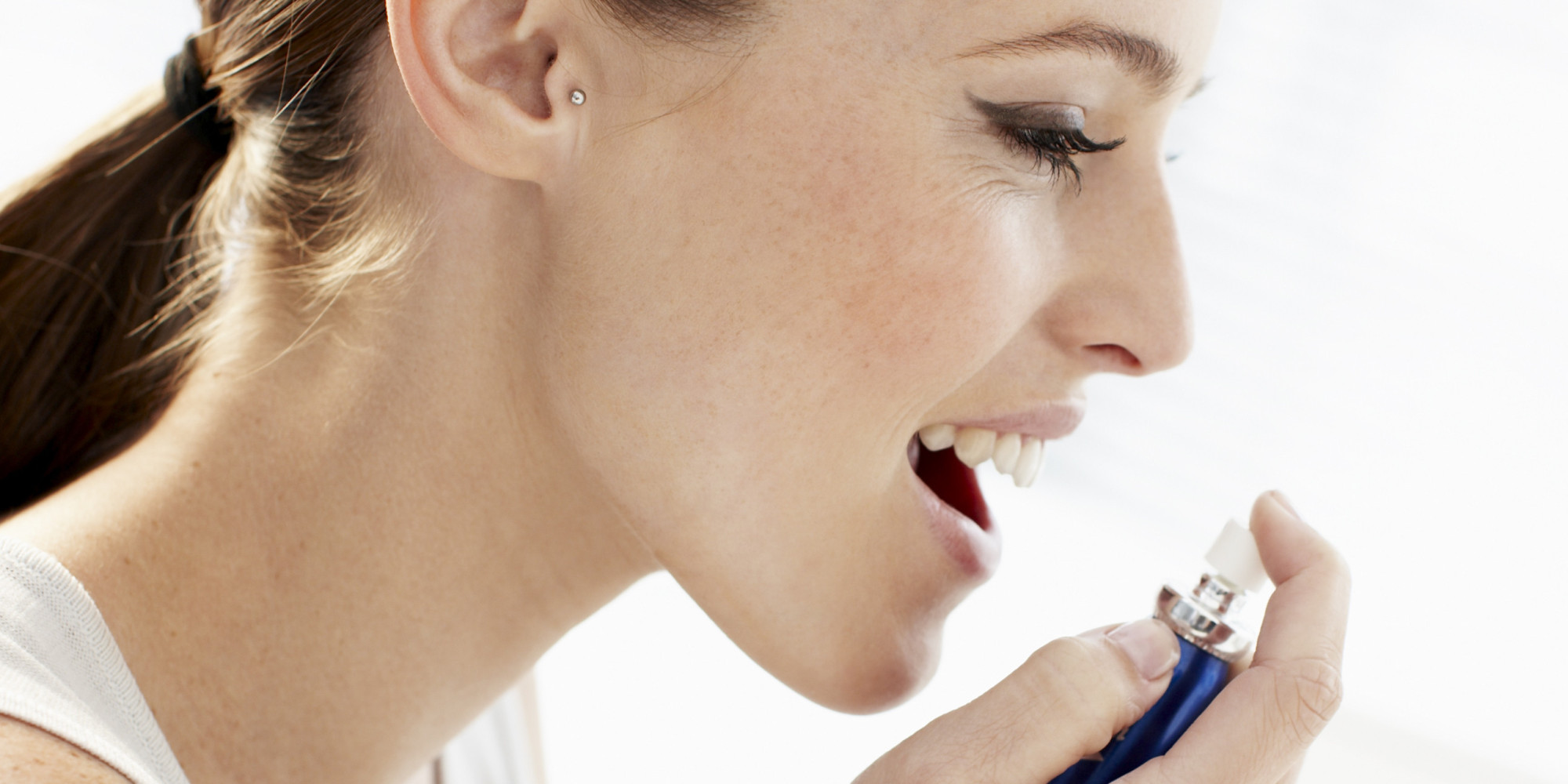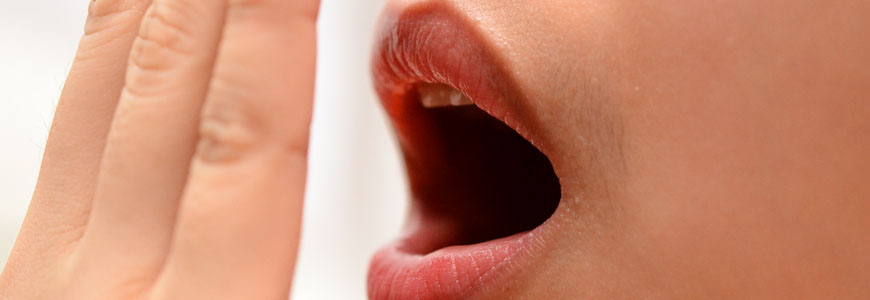WELLNESS
Fix oral odor come closer

See your dentist every six months or at least yearly. Next take care of your teeth and gums. Good oral hygiene also is a key to fighting bad breath. Ideally, you should brush and floss after every meal to help reduce the odor-causing bacteria in your mouth. While a regular toothbrush works just as well if you use it as recommended, Dr Neeti Salvi owner and senior dentist at Stoma Dental Care recommends using an electric toothbrush, for two reasons. “First, because many electric toothbrushes have timers on them and the majority of people do not brush their teeth for the right length of time. And secondly, because electric toothbrushes distribute a uniform motion, which I find, helps remove plaque more efficiently than when my patients use manual toothbrushes.” Some mouthwashes or mouth rinses can help prevent cavities and reduce bacteria-causing plaque and fight bad breath. Stick to an antiseptic or antibacterial rinse that kills bacteria, rather than a cosmetic rinse that just focuses on freshening the breath.

Watch What You Eat
What you eat affects what you exhale. That’s because as food is digested, it’s absorbed into your bloodstream and then is expelled by your lungs when you breathe, said Dr Salvi. Eat healthy, balanced diet and regular meals. Certain diets — such as extreme fasting and very low-carb diets — can give you bad-smelling breath. Snack on raw carrots, celery, or apple slices. Avoid garlic, onions, and other spicy foods. Chronic garlic users not only have chronic bad breath, they also have body odor.
More ways to fix bad breath
Stay hydrated: If you can’t brush your teeth after a meal, drink a lot of water to clean harmful bacteria and debris from between your teeth. Drinking milk can even help deodorize some offensive breath odors, said Dr Neeti Salvi. Avoid sugary drinks.
Chew sugarless gum: Doing so, for 20 minutes after a meal can help saliva flow. Gum that’s 100% xylitol-sweetened can help reduce cavities and gives nice fresh breath.
Don’t drink too much coffee: Coffee is a smell which clings to your tongue. Switch to herbal or green tea.
Cut back on alcohol. Alcohol leads to a dry mouth. Too much beer, wine, and hard liquor can make your breath smell for up to eight to 10 hours after you finish drinking, she added.
Don’t smoke or use other tobacco products. Cigarettes, pipes, and gutka can foul your breath. “Smoking gives a foul breath,” she said.

